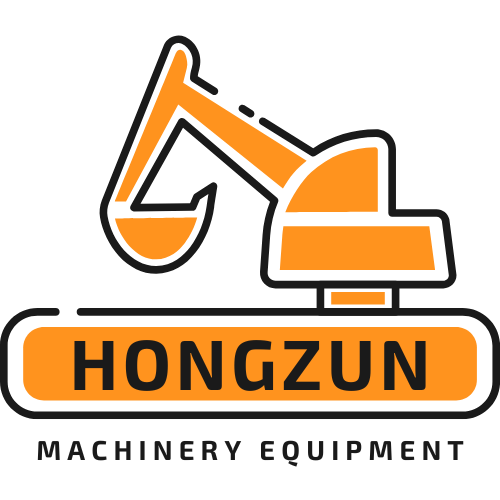When it comes to versatility and performance on tight job sites, few machines rival the small excavator. Whether you’re a contractor managing multiple residential projects or a DIY enthusiast tackling backyard improvements, a compact excavator delivers big results without the bulk.

What Is a Small Excavator?
Also known as a mini excavator, a small excavator typically weighs between 1 and 10 tons. Despite their size, these machines pack a punch—offering full rotational capability, excellent dig depth, and a wide variety of attachments.
Key Benefits of Small Excavators
- Maneuverability in Tight Spaces
Small excavators are ideal for jobs with limited access, such as urban construction, landscaping, and indoor demolition. - Lower Operating Costs
These machines are more fuel-efficient, easier to transport, and generally require less maintenance than full-sized equipment. - Versatility With Attachments
From trenching buckets and augers to hydraulic breakers, small excavators can handle multiple tasks by simply switching attachments. - Minimal Ground Damage
With rubber tracks and lighter weight, compact excavators minimize damage to finished surfaces like lawns or pavement.
Best Uses for Small Excavators
Trenching for utilities
Digging pools or ponds
Grading and landscaping
Demolition in confined areas
Installing fences or posts
Choosing the Right Small Excavator
When selecting a machine, consider:
Operating weight and dig depth
Attachment compatibility
Tail swing (zero vs conventional)
Cab vs canopy (weather protection)
Maintenance Tips
Perform daily checks (fluids, tracks, attachments)
Follow scheduled maintenance intervals
Store in a dry, secure area
Keep the machine clean to spot wear early
Conclusion
Whether you’re breaking ground or refining a landscape, a small excavator can save you time, labor, and money. It’s the ultimate tool for efficiency and flexibility on modern job sites.
